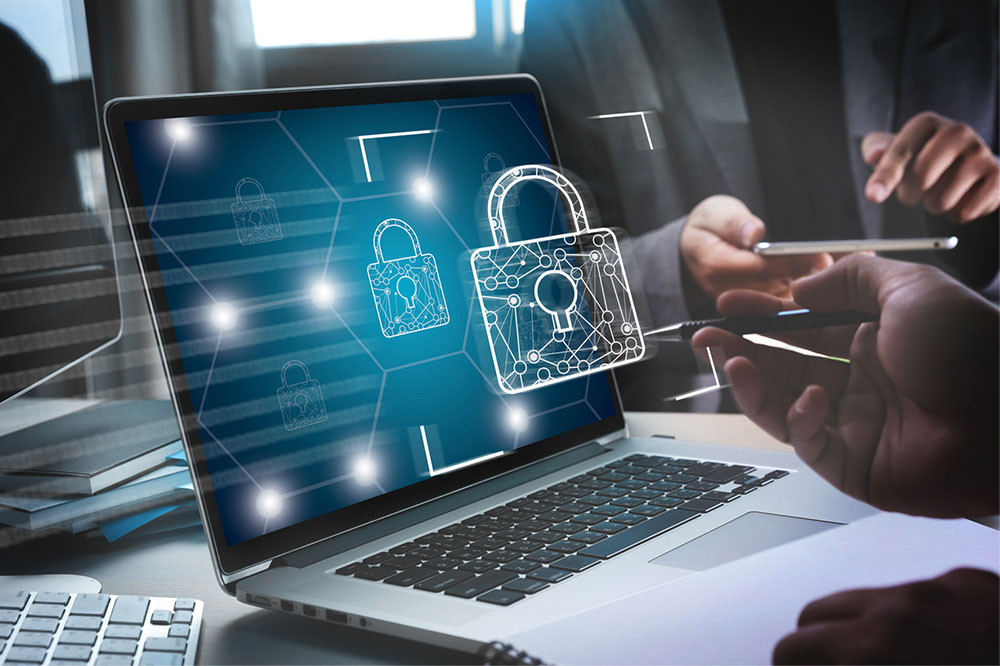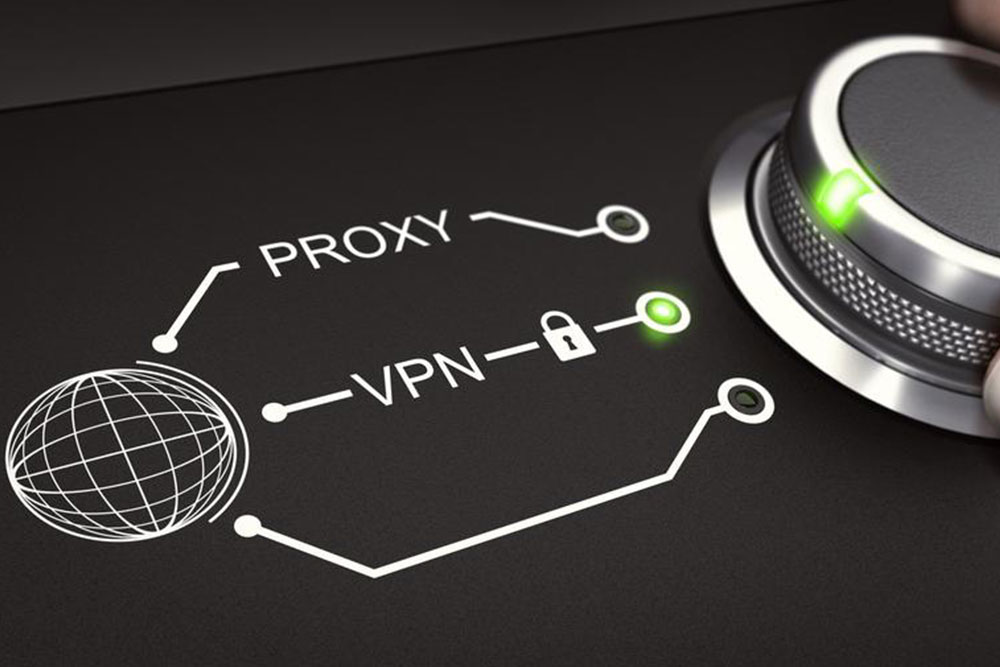Comprehensive Beginner's Guide to Launching Your Cybersecurity Journey
This comprehensive guide introduces beginners to the essentials of cybersecurity, covering course selection, fundamental concepts, and career opportunities. It emphasizes the importance of understanding cyber threats and implementing risk-reducing measures for personal and professional security. Suitable for newcomers, it provides practical advice on starting your cybersecurity journey, from choosing the right courses to developing core skills that safeguard digital assets and prepare you for a career in this dynamic field.

Launching Your Cybersecurity Journey: A Step-by-Step Guide for Beginners
Essential guide for beginners interested in cybersecurity: where to start and how to progress
In an increasingly digital world, cybersecurity has become a critical aspect of protecting personal, professional, and organizational data from malicious threats. Cyber threats such as hacking, phishing, malware, and identity theft are becoming more sophisticated, posing significant risks to individuals and businesses alike. As a result, understanding the fundamentals of cybersecurity is no longer optional but a necessary skill for everyone. Whether you're looking to embark on a new career or simply aiming to shield your personal data, getting started with cybersecurity can seem daunting. Fortunately, there are many resources available to help beginners navigate this complex field effectively.
Cybersecurity threats have evolved dramatically, with hackers employing advanced techniques to access sensitive information. Protecting yourself begins with understanding the core principles of cybersecurity and implementing robust security measures. Starting with a solid foundation can pave the way for a successful career or personal security enhancement. This comprehensive guide explores how beginners can initiate their cybersecurity learning journey, select suitable courses, and develop practical skills to stay safe in a digital environment.
Selecting the Right Entry-Level Cybersecurity Course
For those new to cybersecurity, choosing an appropriate introductory course is vital. Beginners should look for programs that cover fundamental concepts in a clear and accessible manner. Free online tutorials on platforms like Udemy, Coursera, or edX are excellent starting points. These platforms offer a variety of courses tailored for newcomers, providing essential knowledge without overwhelming technical jargon. After gaining basic understanding, learners can decide whether to pursue more advanced, paid certifications such as CompTIA Security+ or Certified Ethical Hacker (CEH), which are highly regarded in the industry.
What Do Entry-Level Cybersecurity Courses Cover?
Initial courses typically explain core principles including how data encryption protects information, the role of antivirus and anti-malware software, and methods for securing devices against cyber threats. Learners also explore topics like firewalls, intrusion detection systems, and safe browsing habits. Courses are usually designed with simplified language, using engaging video tutorials, quizzes, and practical exercises to facilitate easy understanding. Hands-on labs may also be included to give learners real-world experience in identifying vulnerabilities and implementing security measures.
Upon completing an introductory course, students will be equipped with skills such as establishing secure passwords, managing security updates, recognizing phishing attempts, and safeguarding sensitive files. These skills are essential for personal cybersecurity and provide a solid foundation for further specialization.
Who Should Consider Beginning Cybersecurity Training?
Cybersecurity is a rapidly expanding field with diverse career opportunities, including roles such as security analysts, ethical hackers, penetration testers, and cybersecurity consultants. Beginners interested in entering this competitive industry should start with basic courses to understand fundamental concepts. Moreover, professionals in unrelated fields can benefit by acquiring cybersecurity skills to enhance their job performance or protect their organization’s data. Even individuals seeking to bolster their personal security can leverage basic cybersecurity knowledge to prevent identity theft, financial fraud, and data breaches. As digital technology becomes embedded in all aspects of life, cybersecurity competency will become an invaluable skill for everyone handling digital information.





